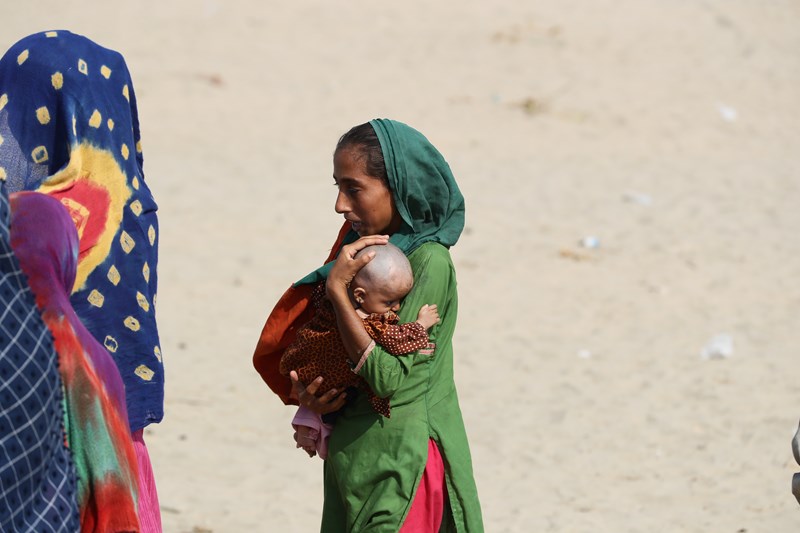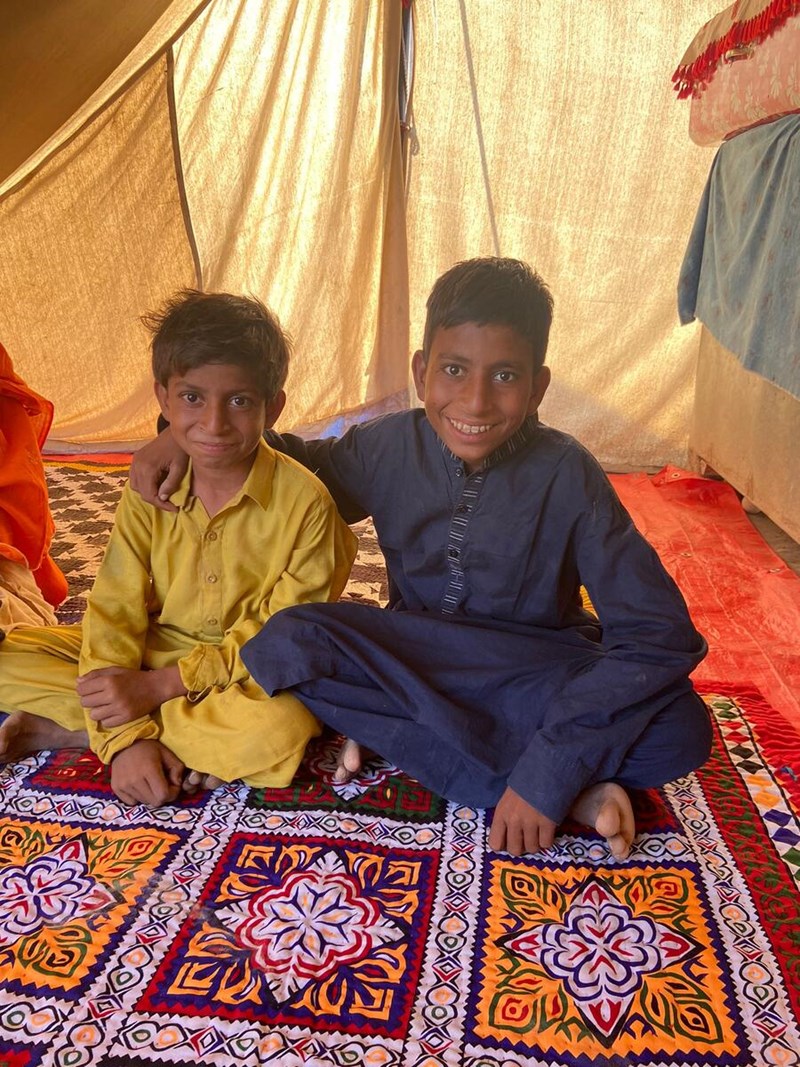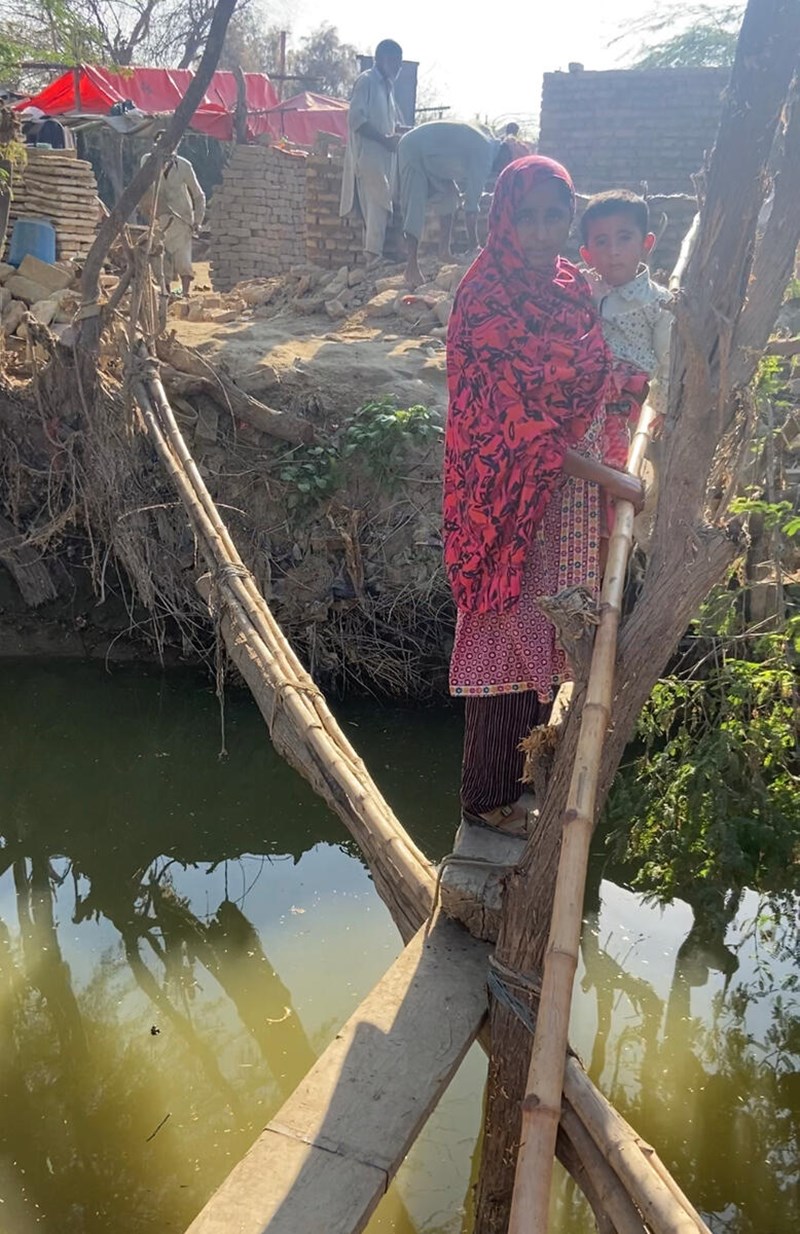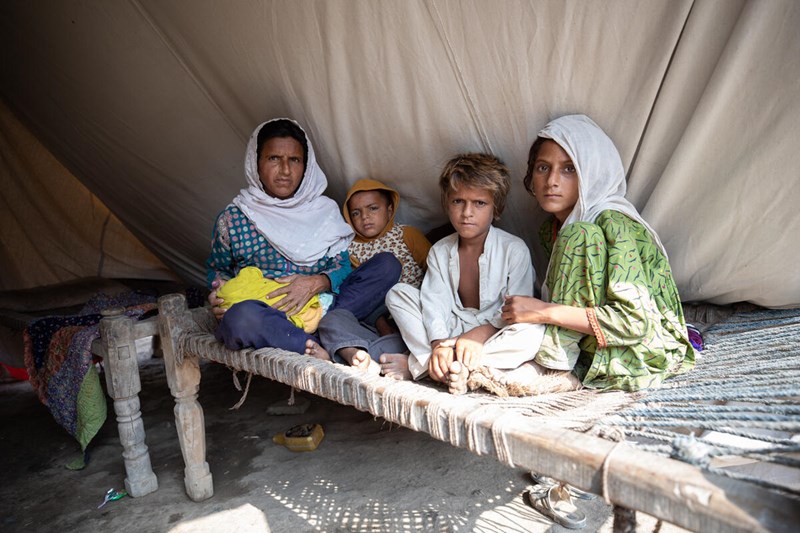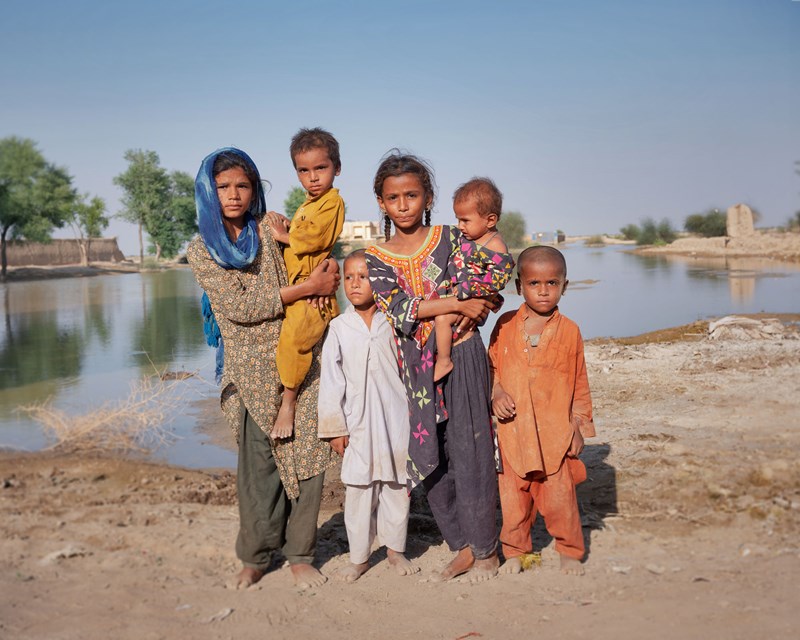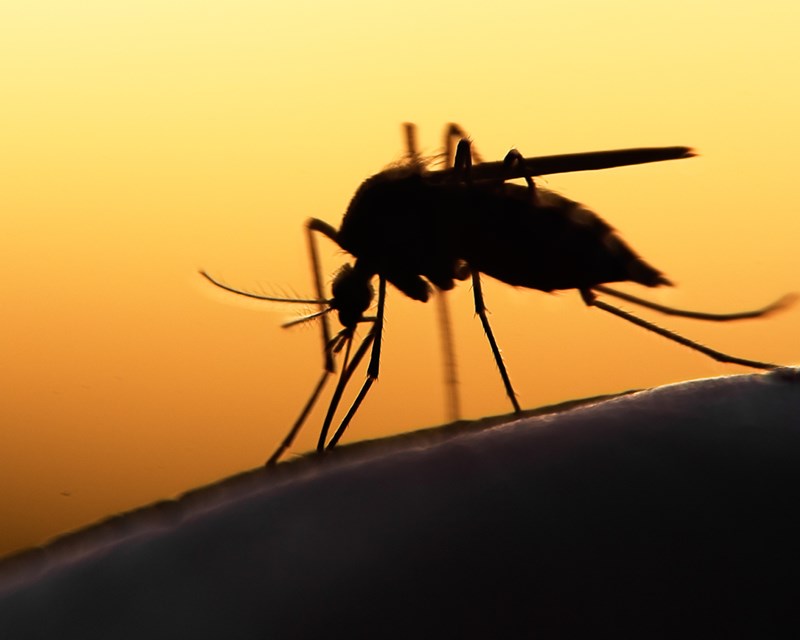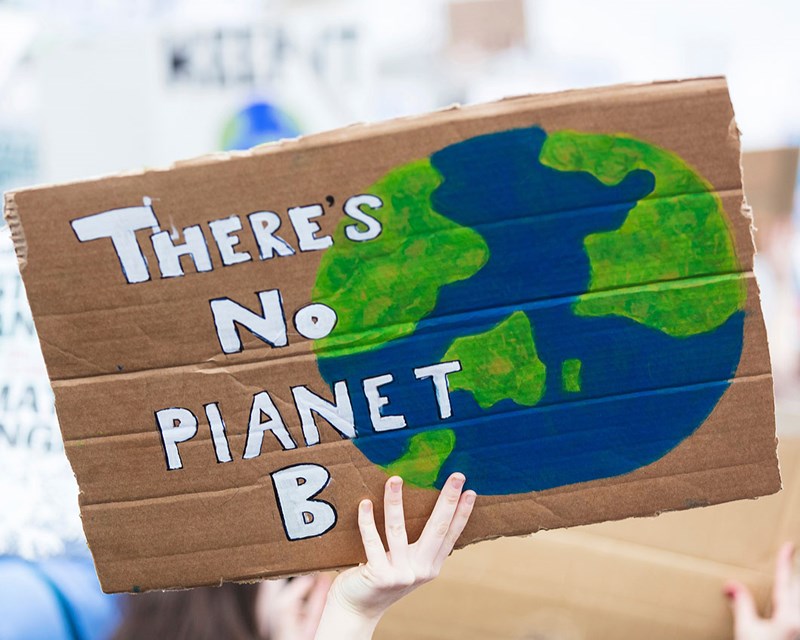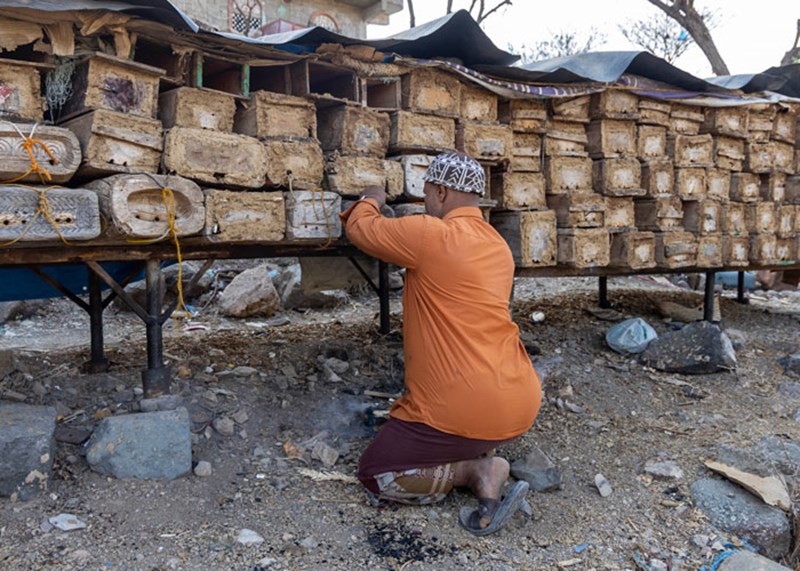Last summer, a third of Pakistan was left underwater. My country, home to the Indus Valley – one of the world’s oldest societies – was left submerged after some of the heaviest rains in its history, destroying the homes, schools and livelihoods of millions of children and their families. UN secretary general António Guterres described it as a “monsoon on steroids” and as “climate carnage”.
A combination of melted glaciers and unprecedented rains created monstrous super flooding, leading to the deaths of more than 1,700 people including hundreds of children. Thousands of kilometres of roads were rendered unusable, a million livestock killed, hospitals and schools destroyed, and 50 million people left internally displaced – with women and girls making up the highest number of those affected.
One year on, and the pressing humanitarian needs of children and families are still prevalent. No one in Pakistan is responsible for this catastrophe, yet Pakistani children continue to pay the heaviest price.
What we know is that this was no ordinary disaster, but climate change making landfall in a country with almost no climate footprint. The numbers of those impacted are too staggering for any country to face alone, yet the international community has simply not done enough.
It is almost certain that Pakistan will continue to face the accelerated attacks of the climate crisis with more frequency and greater force. This is not just a Pakistan crisis but a global one.

